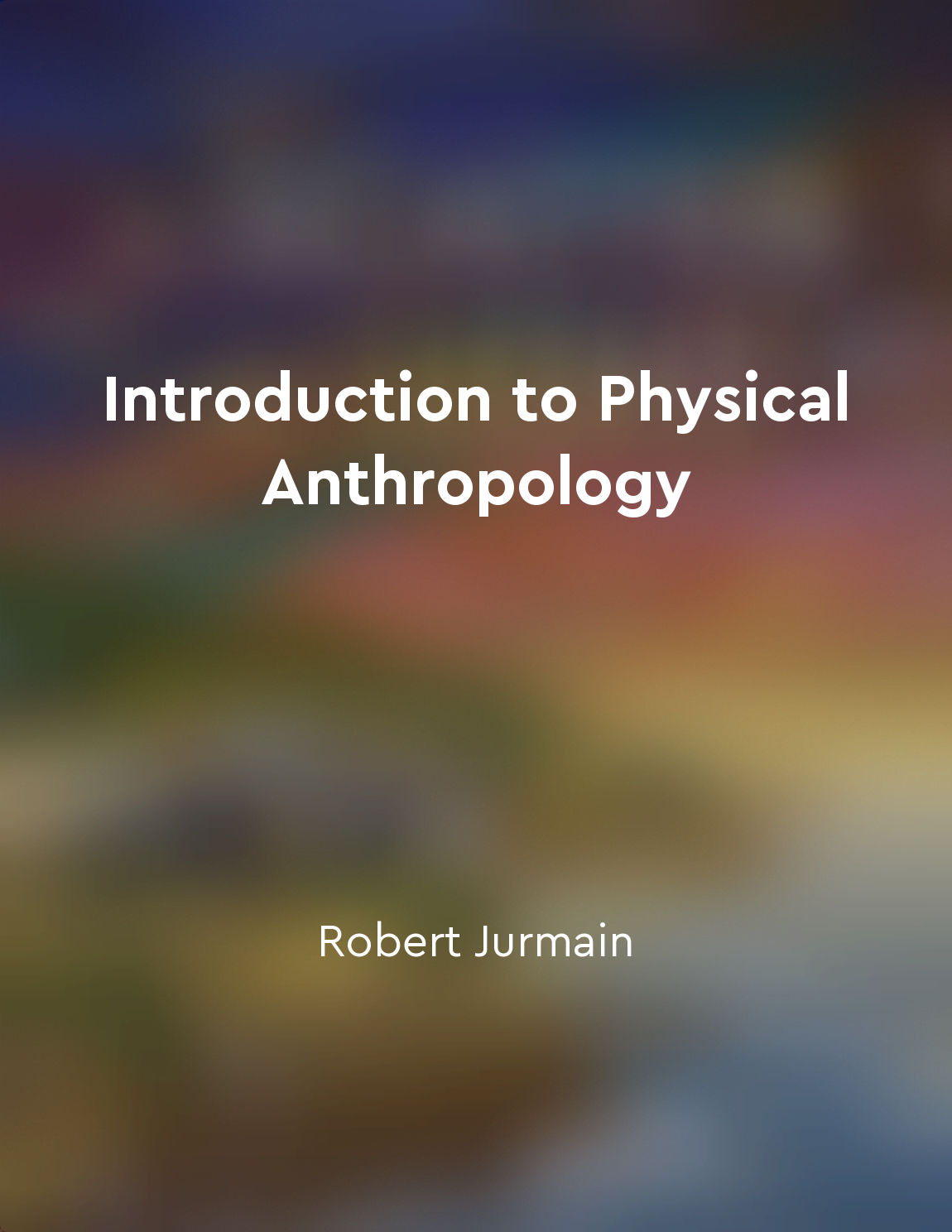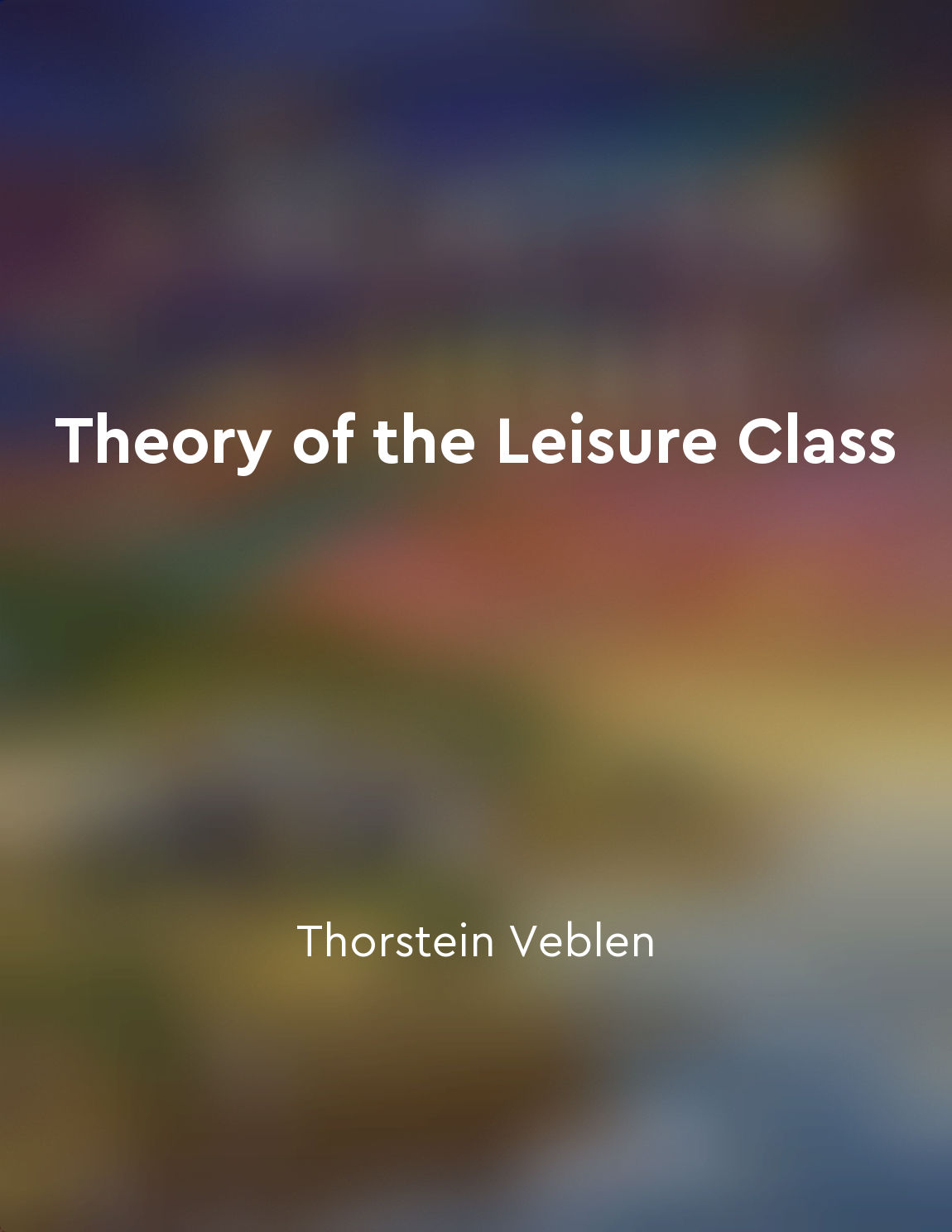Audio available in app
Our ancestors' survival challenges have influenced presentday mating strategies from "summary" of The Handbook of Evolutionary Psychology, Volume 1 by David M. Buss
Throughout human history, our ancestors faced numerous challenges when it came to survival. These challenges, such as finding food, shelter, and protection from predators, played a significant role in shaping their mating strategies. For example, males who were able to provide resources and protection were more desirable to females, as they increased the chances of survival for both the female and her offspring. This led to the evolution of certain traits in males, such as strength and resourcefulness, that are still valued by females in present-day mating contexts. On the other hand, females who were able to choose mates who could provide resources and protection had a higher chance of successfully raising offspring to adulthood. This led to the evolution of certain traits in females, such as the ability to assess a potential mate's resources and willingness to invest in offspring, that are still relevant in modern mating scenarios. Additionally, females may have developed preferences for traits such as kindness and attentiveness, as these qualities indicate a willingness to invest in a long-term relationship and provide support for offspring. Furthermore, the challenges our ancestors faced in terms of competition for mates also influenced present-day mating strategies. In a competitive environment where females had limited choices of mates, males had to compete with each other for access to females. This led to the evolution of traits such as physical attractiveness, social status, and dominance in males, as these traits increased their chances of successfully attracting a mate. Similarly, females may have developed preferences for males who displayed these traits, as they indicated the male's ability to outcompete other males and provide resources and protection.- The survival challenges faced by our ancestors have had a lasting impact on present-day mating strategies. The traits and preferences that evolved in response to these challenges have shaped the way individuals choose mates and form relationships in modern society. By understanding the evolutionary roots of these mating strategies, we can gain insights into the underlying motivations and behaviors that drive human mating decisions.
Similar Posts
Men often misunderstand women's emotional needs
Men often fail to understand that women have different emotional needs than they do. They assume that women want the same thing...
Symbiotic relationships can benefit both partners
In the game of life, alliances are crucial. Organisms have evolved to form partnerships with others in order to increase their ...
Friendliness enhances communication and understanding
Friendliness is a powerful tool that can be used to enhance communication and understanding between individuals. When we approa...
Complexity can arise through bottomup processes
The idea that complexity can arise through bottom-up processes is a fundamental concept in the study of evolution. This concept...
Genes can shape cultural practices
Genes, the fundamental units of heredity, play a crucial role in shaping not only our physical characteristics but also our beh...
The evidence for evolution is overwhelming and irrefutable
The evidence for evolution is like a flood of overwhelming proportions. It sweeps all before it, leaving nothing untouched. It ...

Language is a unique feature of human culture
Language is a distinctive trait of human beings, setting us apart from other animals. While other species communicate using var...

Capitalism perpetuates Wasteful Consumption Patterns
The prevailing system of economic relations is organized around the pursuit of profit. This profit motive drives individuals to...
The history of life is a complex and contingent process
The history of life unfolds as a tangled web of interconnected events, each contingent upon a multitude of factors coming toget...

Understanding human nature requires an exploration of our ancestral past
To understand human nature, we must delve into our ancestral past. Our ancestors, who lived in small groups on the African sava...

